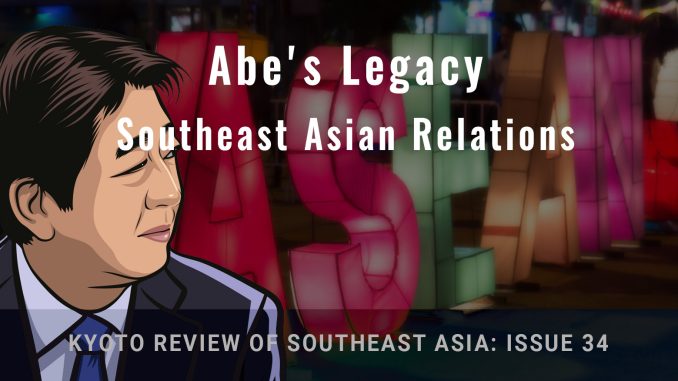
The tragic murder of former prime minister Shinzo Abe on 8 July 2022 while campaigning for in Japan, a country known for its very low rates of violent crime, stunned the world.
After a short first term in office (2006-2007), Shinzo Abe became Japan’s longest serving prime minister in history during a second premiership (2012-2020). During and due to his long time in office, Abe shaped Japan like few of his predecessors. Encouraging international tourism and allowing for more but still very limited immigration has visibly changed Japan, while the comprehensive reforms to Japanese security politics have arguably received most interest from the international press as did his declared goal to revise the Japanese postwar constitution and Article 9 outlawing belligerence. Shinzo Abe did not achieve many of the ambitious goals that he had set for his premiership. The first two “arrows” of his economic policy package known as Abenomics did not quite reach their objectives of reviving the Japanese economy, while comprehensive structural reforms remain unfinished. Certainly, like prime ministers before him, Abe’s time in office was overshadowed by a number of scandals, one of which even inspired a Netflix series. His time in office was therefore likely numbered even if he had not resigned due to health issues in September 2020.
Abe’s historical revisionism, also much written about in the international press, was not only linked to a domestic scandal, but also greatly contributed to a marked deterioration of the relations with both the People’s Republic of China and the Republic of Korea (South Korea).
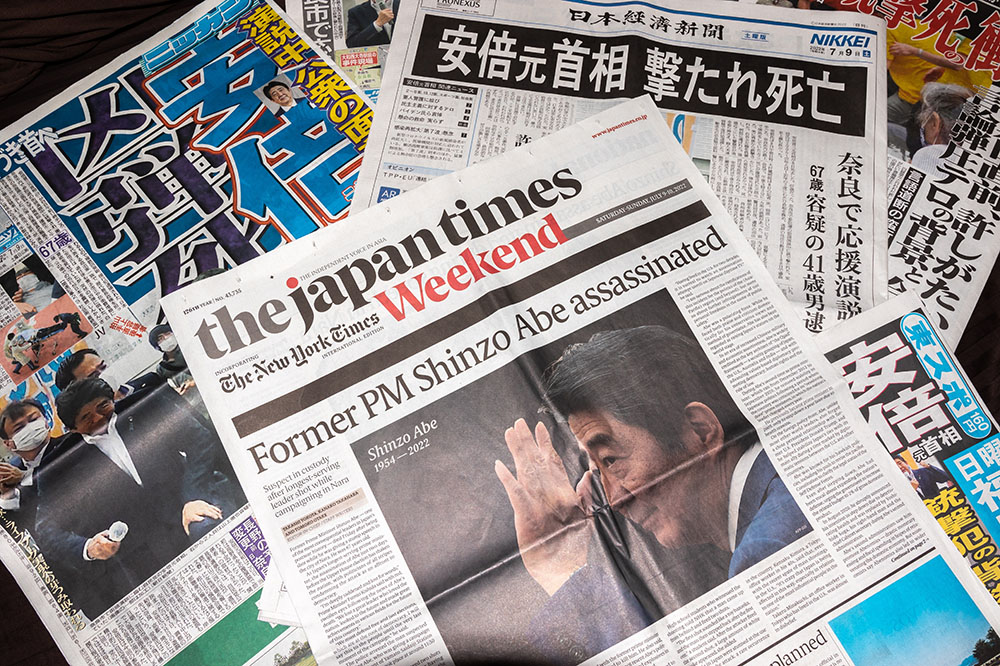
Nevertheless, it was in the arena of foreign policy, in which Abe took on a global leadership role to promote and uphold the international liberal trade order. It is here, where his legacy remains most visible, especially so in Southeast Asia. His immediate successor Yoshihide Suga (in office 2020–2021) and Fumio Kishida, who served as Abe’s foreign minister from 2012 to 2017 as well as briefly as minister of defense in 2017, have continued to pursue Abe’s foreign policy vision.
It was during his first term in office that Shinzo Abe introduced the concept of an Indo-Pacific region into geopolitical discourse during the 2007 speech to the Indian Parliament “Confluence of the Two Seas”. His second term saw the launch of a comprehensive “Free and Open Indo-Pacific Strategy” (MOFA 2017, 26–27). Subsequently, the United States, France, Germany, and the European Union among others have all launched their own policy approaches to the region.
In Jakarta in 2013, Shinzo Abe explicitly recognized the importance of Southeast Asia for the Indo-Pacific region as the very location of the confluence of the Indian and the Pacific Oceans.
Abe’s first overseas trip in 2013 was to Southeast Asia. During that year, which marked the 40th anniversary of the establishment of ASEAN-Japanese relations, he also visited all the remaining members states of ASEAN demonstrating his commitment to Southeast Asia.
Video: 50 Years of ASEAN, and Japan. Produced by the Ministry of Foreign Affairs of Japan
2023 marks the 50th anniversary of the establishment of ASEAN-Japanese relations. Additionally, in recent years not only the geographic, but also the strategic, and economic centrality of Southeast Asia, and ASEAN, within the Indo-Pacific region have been recognized in the official policies towards the region of Europe and the United States. These also recognize Japan as one of the most important partners in the region.
Special Issue of Kyoto Review of Southeast Asia
Recognizing the instrumental role of former Japanese Prime Minster Shinzo Abe for both the establishment of the Indo-Pacific as a geopolitical concept and the development of Japanese-Southeast Asian relations, the essays in this special issue investigate the legacy of his government for the future of the region. As Japanese-ASEAN relations have already received much scholarly attention (e.g. Asia Pacific Initiative 2022; Terada 2021), this issue adds a collection of case studies of bilateral relations between Japan and countries in the region.
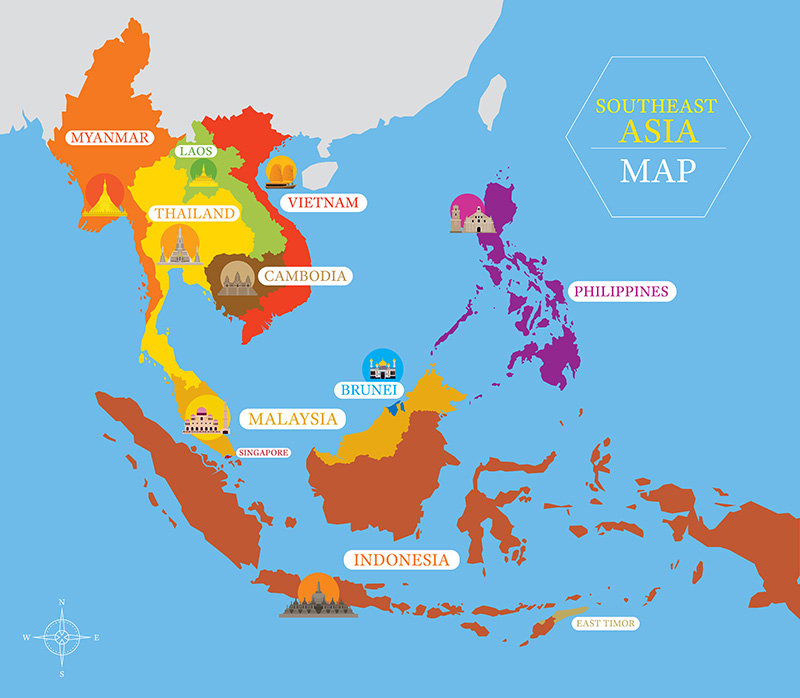
Selecting cases was necessary. With Indonesia, Thailand, and Vietnam, the three countries Shinzo Abe visited during his first overseas trip after his reelection were included. Singapore has been an important economic partner for decades and the first country in the region with which a free trade agreement was signed. The Philippines is geographically closest to Japan, but it is also the first ASEAN member country signing an agreement concerning the transfer of defense equipment and technology with Japan. Furthermore, the personal diplomacy between the Japanese prime minister and his Filipino counterpart, President Rodrigo Duterte, had received much press attention.
The contributors are indebted to Professor Pavin Chachavalpongpun (Kyoto University), editor of the Kyoto Review of Southeast Asia, who made this special issue possible. The individual papers were presented during an online workshop on 9 December 2022. Professor Takahashi Terada (Doshisha University) kindly offered to be the chair and discussant. The publication of this special issue was supported by the German Institute for Japanese Studies in Tokyo.
David M. Malitz
Guest Editor: Issue 34, Kyoto Review of Southeast Asia
Senior Research Fellow with the German Institute for Japanese Studies in Tokyo
Banner: Shinzo Abe, sangdaeng, Shutterstock; & ASEAN sign on the street in Chiang Mai, Thailand, Milkovasa, Shutterstock
Reference
Asia Pacific Initiative アジア・パシフィック・イニシアティブ. Kenshō Abe seiken: Hoshu to rializumu no seiji 検証安倍政権: 保守とリアリズムの政治. Tōkyō: Bungei Shunjū, 2022.
Ministry of Foreign Affairs, Japan (MOFA). Diplomatic Bluebook 2017. Tokyo: Ministry of Foreign Affairs, 2017.
Terada, Takashi. “The Evolution of Japan-ASEAN Relations: Core Moves for Japan’s Initiatives in Asian Regionalism beyond Southeast Asia.” In The Oxford Handbook of Japanese Politics, edited by Robert J. Pekkanen and Saadia M. Pekkanen. 2021, DOI: 10.1093/oxfordhb/9780190050993.013.47.
Articles
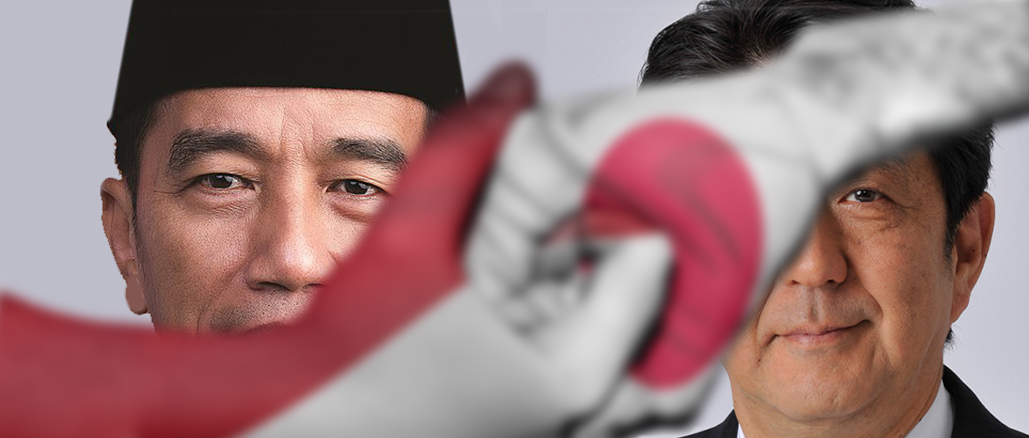 Shinzo Abe’s Military Legacy for Indonesia: The Seed Planted for the Future
Shinzo Abe’s Military Legacy for Indonesia: The Seed Planted for the Future
Bima Prawira Utama, PhD candidate, Universitas Padjadjaran, Indonesia
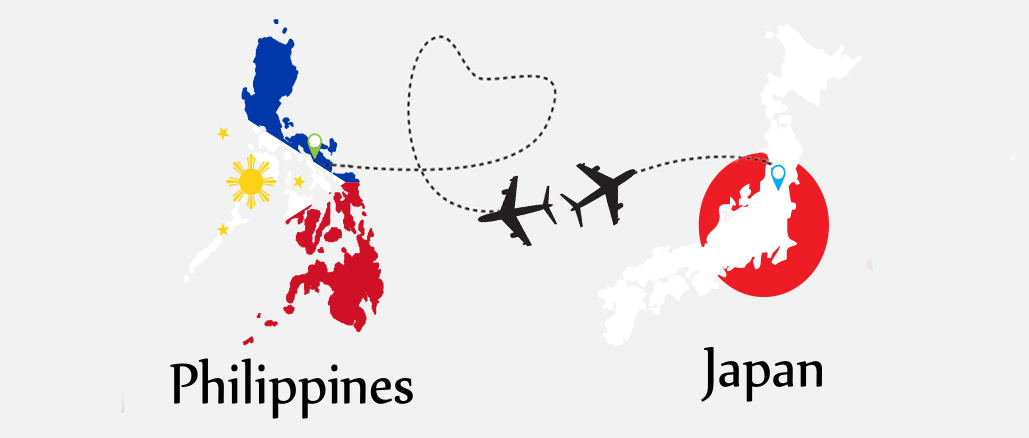 Philippine-Japan Relations: Friends with Benefits
Philippine-Japan Relations: Friends with Benefits
Karl Ian Cheng Chua, Visiting Professor, Hitotsubashi University, Japan
 Japan-Singapore Relations and Shinzo Abe
Japan-Singapore Relations and Shinzo Abe
Kei Koga, Associate Professor, Nanyang Technological University, Singapore
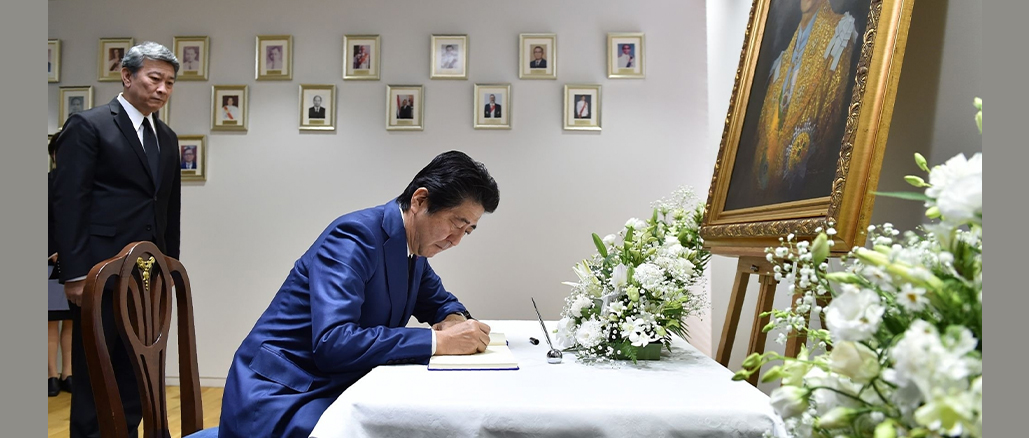 Japanese-Thai Relations through Two Coups: Back to Business
Japanese-Thai Relations through Two Coups: Back to Business
David M. Malitz, Senior Research Fellow, DIJ, Japan
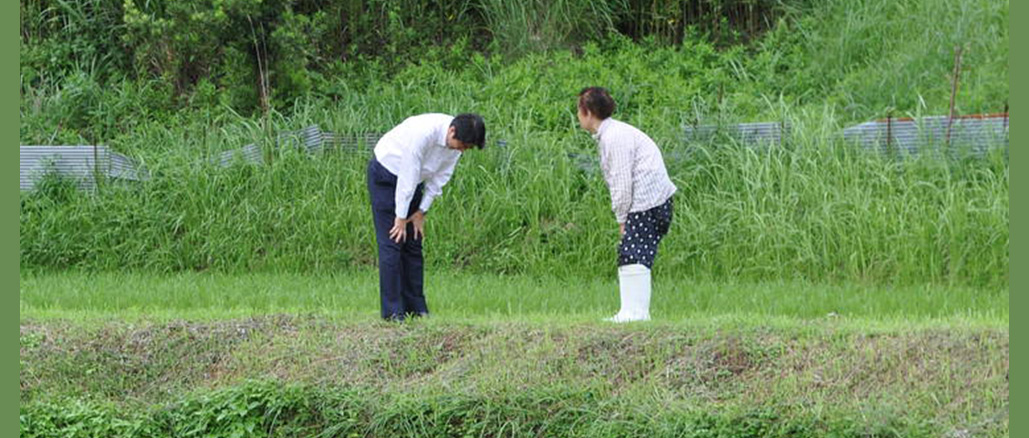 Vietnam-Japan Relations under the Abe Administration
Vietnam-Japan Relations under the Abe Administration
Hoang Minh Hang, Senior Researcher, Institute of Northeast Asian Studies, Vietnam Academy of Social Sciences, Vietnam
